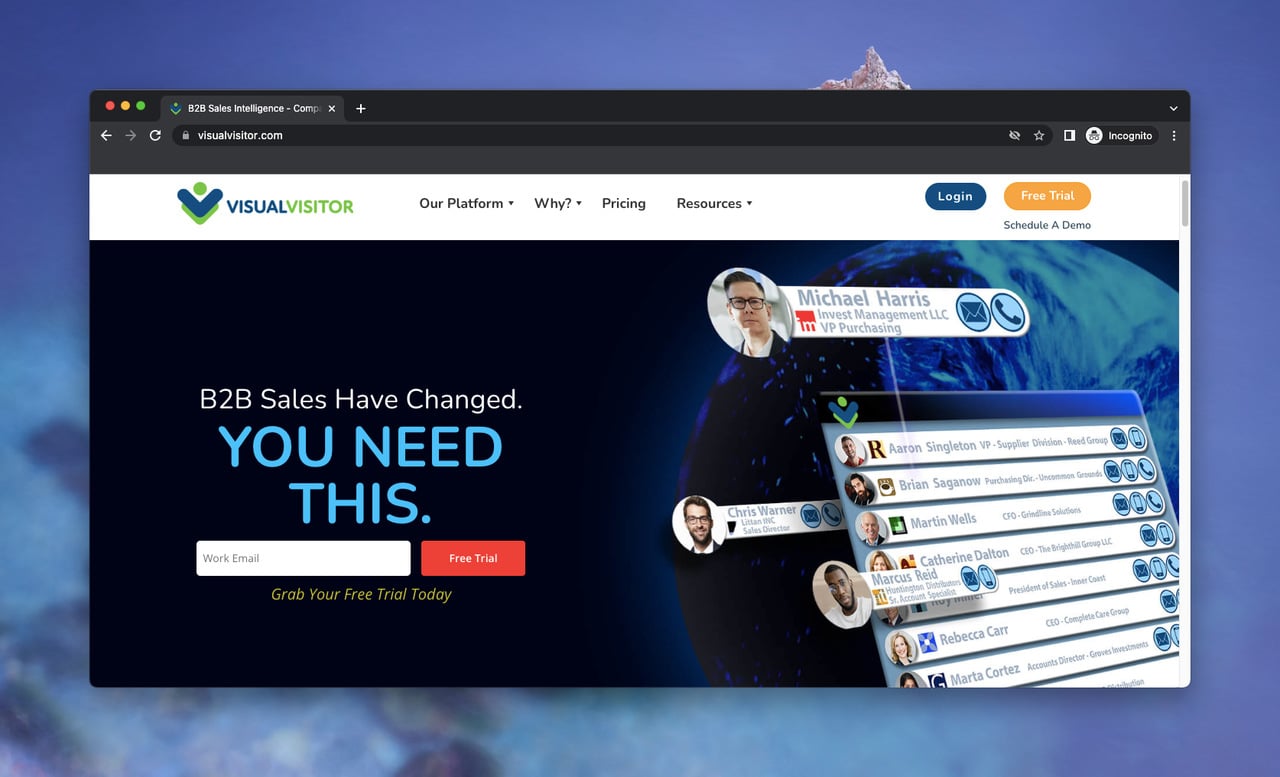Trick Functions to Look for When Selecting a Data Source Supplier
Choosing a data source copyright is a crucial choice that can considerably affect your company's data and procedures administration strategy. Among the important functions to take into consideration are scalability alternatives, which ensure that your system can adapt to expanding demands.
Scalability Options
When choosing a data source service provider, understanding scalability options is crucial to making certain that the picked remedy can fit future growth. Scalability describes the capability of a data source system to increase its capability and efficiency in action to boosted demand. There are two key kinds of scalability: straight and upright.
Upright scalability, or "scaling up," includes enhancing a solitary web server's resources, such as CPU, RAM, or storage. This approach can be cost-efficient and uncomplicated for smaller applications but might reach a limit where better upgrades are also costly or impractical.
Straight scalability, or "scaling out," includes adding extra servers to distribute the tons. This method enables higher flexibility and can suit considerable rises in information volume and customer web traffic (database provider). It is particularly beneficial for cloud-based data source solutions that can dynamically allot sources based upon demand

Safety Steps
When assessing safety procedures, think about the application of file encryption protocols (database provider). Data-at-rest and data-in-transit encryption are vital to guarantee that sensitive details stays secured, even in case of a security violation. Furthermore, search for providers that supply solid verification systems, such as multi-factor authentication (MFA), to further boost gain access to control
Regular security audits and conformity with market standards, such as GDPR or HIPAA, are a measure of a supplier's commitment to data defense. Additionally, inquire concerning their event response strategy; a robust strategy can reduce the influence of any type of possible safety event.
Efficiency Metrics
Assessing efficiency metrics is vital for companies to make sure that their picked database provider satisfies functional demands. Trick performance metrics consist of response time, throughput, and scalability, which jointly establish the effectiveness of data source procedures under varying tons.
Response time is essential, as it mirrors exactly how swiftly the database can process inquiries and return outcomes. Organizations should try to find metrics that show average reaction times throughout optimal and off-peak hours. Throughput, typically gauged in purchases per second (TPS), offers understanding right into the data source's ability to manage high quantities of demands without performance degradation.
Scalability examines the data source's ability to grow with the organization's requirements. A robust data source provider should demonstrate horizontal and upright scaling capacities, permitting seamless adjustments as demands change. In addition, recognizing latency, specifically in distributed systems, can assist organizations examine the responsiveness of the data source throughout various geographical locations.
Customer Support
Reputable client support is a cornerstone of reliable data source monitoring, supplying companies with the aid needed to enhance and deal with issues efficiency. When choosing a database provider, reviewing the degree of customer assistance they use is vital. A robust assistance system must include multiple networks of communication, such as phone, e-mail, and live chat, ensuring that customers can access assistance whenever they need it.
In addition, responsive assistance teams that are readily available 24/7 considerably enhance the integrity of the database solution. Trigger feedback times and efficient resolution of issues can significantly minimize downtime and boost general productivity. It is additionally beneficial to take into consideration the accessibility of dedicated assistance personnel, that can offer tailored aid you can check here based on a company's particular demands.
Pricing Framework
When considering a data source service provider, the rates structure is a crucial element that can significantly affect a company's budget plan and total technique. A clear and flexible prices version is vital for straightening the database sets you back with business requirements - database provider. Organizations needs to evaluate whether the prices is based upon consumption, per customer, or a level rate, as each design can generate different monetary effects over time
It is necessary to analyze any type of extra prices related to the supplier's solutions, such as information storage space fees, deal expenses, and assistance costs. Some service providers might supply tiered rates, enabling scalability as the company grows, while others might enforce strict limitations that could become expensive as information needs enhance.
In addition, companies need to consider the lasting value of the data source solution. While lower initial prices can be attractive, they may not represent future upgrades, maintenance charges, or combination expenses. Carrying out a thorough cost-benefit analysis will certainly help recognize one of the most ideal rates framework that stabilizes assistance, efficiency, and scalability, inevitably making sure that the chosen database company lines up with the organization's functional and financial objectives.
Verdict
In verdict, choosing a database service provider necessitates mindful factor to consider of different crucial features. Scalability alternatives make sure versatility to future growth, while durable safety steps safeguard delicate info. Evaluating efficiency metrics enables the recognition of effective databases, and obtainable client support boosts the overall user experience. A clear pricing framework even more adds to notified decision-making. By thoroughly examining these elements, organizations can make critical options that align with their functional needs and long-lasting objectives.
Choosing a data source company is an essential decision that can substantially impact your organization's data and procedures monitoring strategy.When choosing a visit the site data source supplier, recognizing scalability options is important to making sure that the picked solution can fit future growth. When choosing a data source provider, assessing the degree of consumer assistance they provide is crucial.When considering a database service provider, the prices framework is a pivotal element that can substantially influence an organization's budget plan and overall approach. Performing a comprehensive cost-benefit analysis will help Full Report identify the most suitable pricing framework that stabilizes scalability, assistance, and efficiency, eventually making sure that the chosen database service provider aligns with the organization's economic and functional objectives.